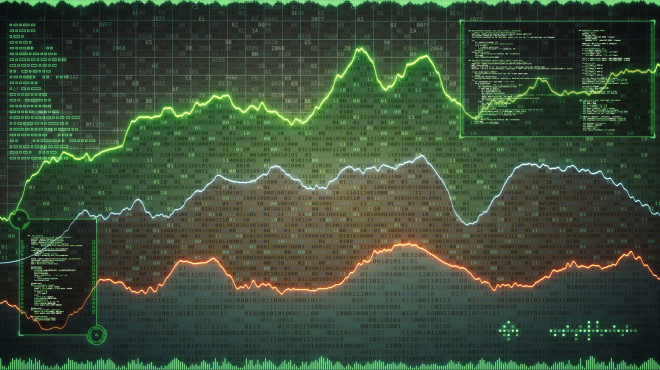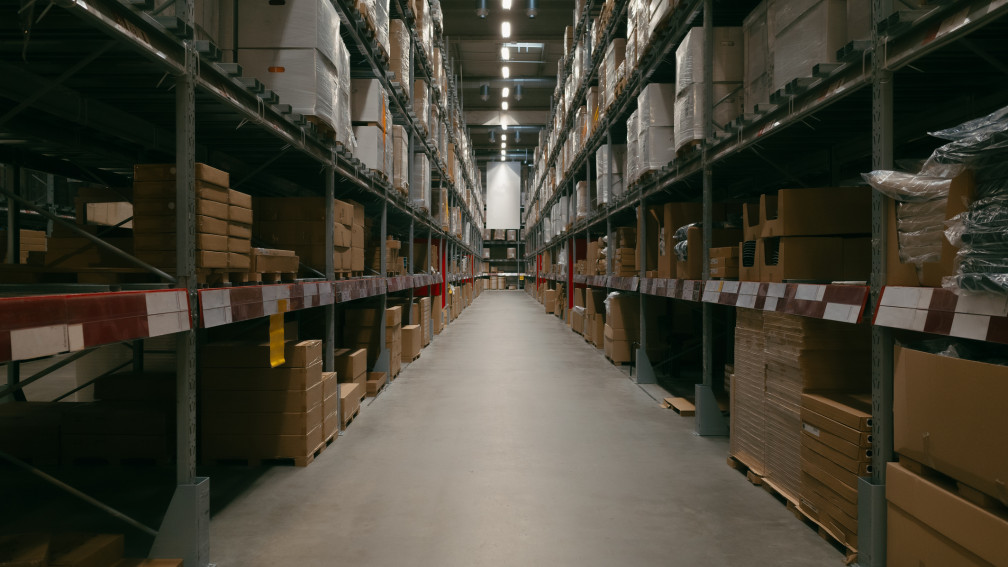
War in Ukraine exacerbating supply problems
The latest survey conducted by economiesuisse shows that the difficulties associated with the acquisition of primary products and raw materials have slightly eased, though they remain at a very high level. However, with the discontinuation of most of the measures against the corona pandemic a much more pronounced improvement had been anticipated. The war in Ukraine is now intensifying supply problems again. The business activities of every second responding Swiss company have already been impacted by the conflict.
Companies are continuing to struggle with supply shortages in 2022. Two-thirds of the companies participating in the survey reported that they are currently experiencing difficulties in procuring primary products. This figure is lower than in November last year, but in view of the removal of the majority of the pandemic-related economic restrictions, the level is still very high. This is primarily attributable to the war in Ukraine, which is preventing a rapid return to normal. Around 20 percent of the responding companies cited the shortage of specialised personnel as the second most significant problem. By contrast, sales difficulties no longer play a notable role.
The slight easing of the supply problems is attributable to the relaxation of measures to combat the corona virus. The number of participating companies that cited the problem of pandemic-related restrictions in the country of production was down by around one-third versus the previous survey. Transport problems and insufficient production capacities have also eased to some extent, though these remain at a very high level.
Ukraine conflict as a new disruptive factor
There is no question of an overall easing of the situation in the near future. The war being waged by Russia against Ukraine is giving rise to renewed hardship for many companies: shortly after the Russian invasion, around 30 percent already cited the conflict as the cause of supply shortages. Around half the respondents stated that the conflict is influencing their business activities – and 20 percent reported that their business activities have been impacted to a major extent. It is in particular companies in the chemicals, machinery, electricity and metals industries, as well as food manufacturers and wholesalers, that are being affected.
As before, it is primarily shortages of raw materials and expendable goods that are causing problems: 57 percent of the respondents stated they are suffering from a lack of supplies of these goods, including items such as aluminium and timber, as well as operating equipment. This means that, downstream, there is likely to be a shortage of various durables such as machines and semiconductors. More than one-third of the respondents reported shortages in this category. In addition, due to the war in Ukraine, difficulties now have to be anticipated with respect to imports of crude metals and metal-bearing raw materials. And various other products are also likely to be in short supply due to the conflict, for example foodstuffs: Ukraine is a major supplier of wheat and edible oils. Here, end-consumers will be increasingly hard hit. Around 25 percent of the respondents are already reporting shortages of consumer goods.
Prices rising sharply
Shortages of goods inevitably result in price increases. Even before Russia invaded Ukraine, the prices of raw materials and primary products were already rising sharply. And now the conflict is also causing sharp increases in energy prices. According to the participating industry representatives, due to the increased prices of raw materials and energy sources, prices are currently increasing in all sectors.
Pressure on prices is expected to persist and ultimately affect the costs of end products. For example, the chemicals industry manufactures products from raw materials, and their end products – ranging from plastics to fertilisers – are required for everyday use. This means that items such as electrical appliances, cars, bicycles, e-bikes, etc., as well as many foodstuffs, could become more expensive. Transport costs will also rise: higher fuel prices mean increased costs of transport by sea and air, as well as by road. In addition, the shortage of drivers already being felt by many logistics companies will intensify due to the conflict in Ukraine, and this will result in further price increases. Companies in all sectors anticipate price increases by an average of around five percent in the coming six months.
Sanctions play a lesser role
The consequences of the sanctions imposed by Western states against Russia are only becoming gradually apparent. Around 25 percent of the respondents are affected by these sanctions. One of the frequently cited consequences concerns payment transactions with Russian banks. This affects both the finance industry and exports. Restrictions in the aviation sector are also having an impact: European cargo and passenger aircraft can now only fly in Russian airspace under certain conditions, and the majority of flights have to be diverted to other routes. Furthermore, export bans have been imposed, for example for dual-use goods. On the other hand, the tourism industry will suffer from the lack of Russian visitors.
Many market participants also anticipate that, due to the sanctions, Russia will soon no longer act as a supplier of raw materials. In view of this, they are preparing themselves for a further global supply shortage. This could concern oil and gas, as well as other important raw materials such as iron ore and nickel. Thus an easing of supply shortages in the near future cannot be anticipated. On the contrary: due to the Ukraine conflict, the shortages are in fact likely to intensify. Almost 80 percent of the companies participating in the survey expect supply problems to persist in the coming six months.
To the detailed analysis of the survey with additional results.
The survey was conducted by economiesuisse from 2 to 10 March 2022. 306 organisations participated, and the survey encompassed all the regions of the country. 13 industry associations completed the questionnaire on behalf of the companies they represent. The evaluation reflects the current sentiment among Swiss companies. The responses were not individually weighted and the results do not claim to be representative.










